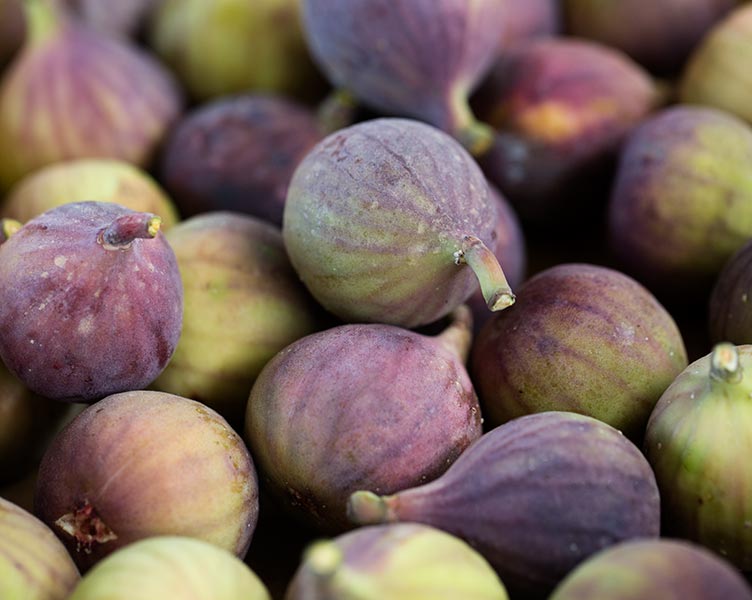Benefits of a food diary
If you live with bowel dysfunction, you may notice that what you eat can directly influence how you feel and impact how successfully you can manage your bowel afterwards. Keeping a food diary can be a powerful tool to help you better manage your bowel and develop a deeper sense of how your body reacts to different foods.
How to keep a food diary
The simplest solution is often the best, so download and print the food diary to easily record your daily diet.
- Complete the columns throughout the day. After each meal, record the different foods you ate and the time. Keep track of the time of your bowel movements, any medications, and your satisfaction with the day's diet. You can also add additional notes, like whether you ate at home or were eating out, or if you consumed more fiber.
- Look for patterns. After you complete your food diary, look at what you consumed and your body's reaction. Are there any trigger foods? Was an irrigation particularly successful after eating certain foods? Was there trouble after eating a particular meal?
- Try an elimination diet. Your food diary may indicate that a particular meal or food might cause more problems with bowel emptying. Once you have identified a possible problematic food, consider trying to and eliminate it from your diet for a period and see how your bowel reacts. During the test period of time, assess whether or not the elimination has a positive effect on your symptoms or improves irrigations. Always consult your healthcare provider before implementing a new diet.

How can a food diary help?
A food diary is a simple and effective tool to help you better manage your bowel while using TAI. The food diary helps you document how your bowel responds to different foods and can help you get a better picture of how diet impacts bowel movements and irrigation outcomes. It may also help you identify trigger foods that cause unwanted symptoms or complicate irrigations.

A food diary can support conversations with your healthcare provider
The food diary summarizes your daily diet, which can make conversations with your healthcare provider easier. You don’t have to worry about remembering your daily food routines or how your diet affected you over time – it’s all recorded in the food diary. Keeping a food diary can also help your healthcare provider identify possible trigger foods and provide the best advice possible.

Important Safety Information: Peristeen Plus is available by prescription only. Peristeen Plus empties the bowel by introducing water into the bowel using a rectal catheter. The anal irrigation procedure should always be carried out with care. Bowel perforation is an extremely rare, but serious and potentially lethal complication to anal irrigation and will require immediate admission to hospital, often requiring surgery. The risk information provided here is not comprehensive. To learn more, talk to your healthcare provider to understand the risks and benefits to determine if Peristeen Plus is right for you. This treatment is prescribed by your physician. Although many patients benefit from the use of this device, results may vary. For further questions, call Coloplast Corp. at 1-855-605-7594 and/or consult the company website at www.coloplast.us



